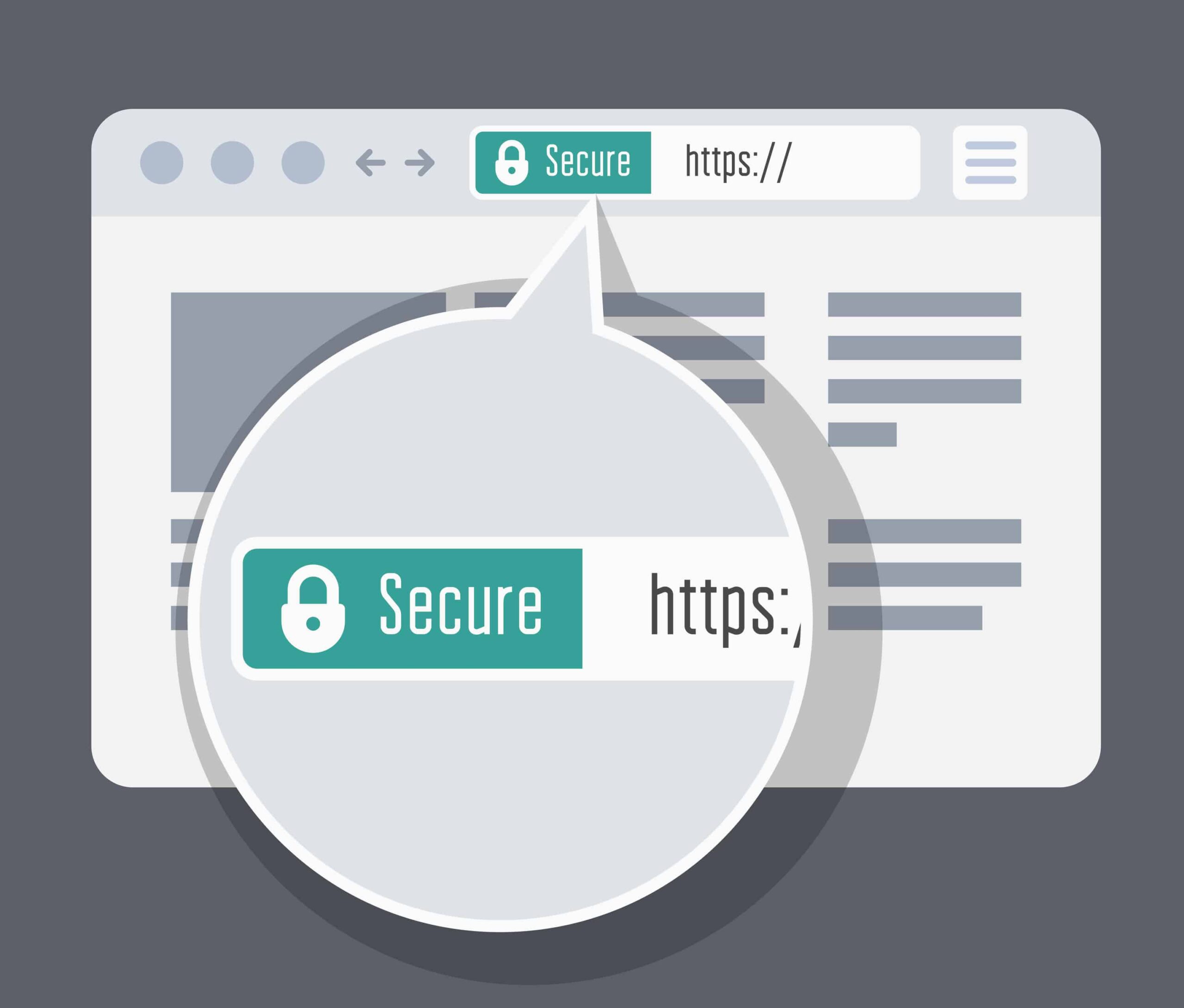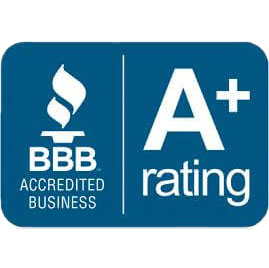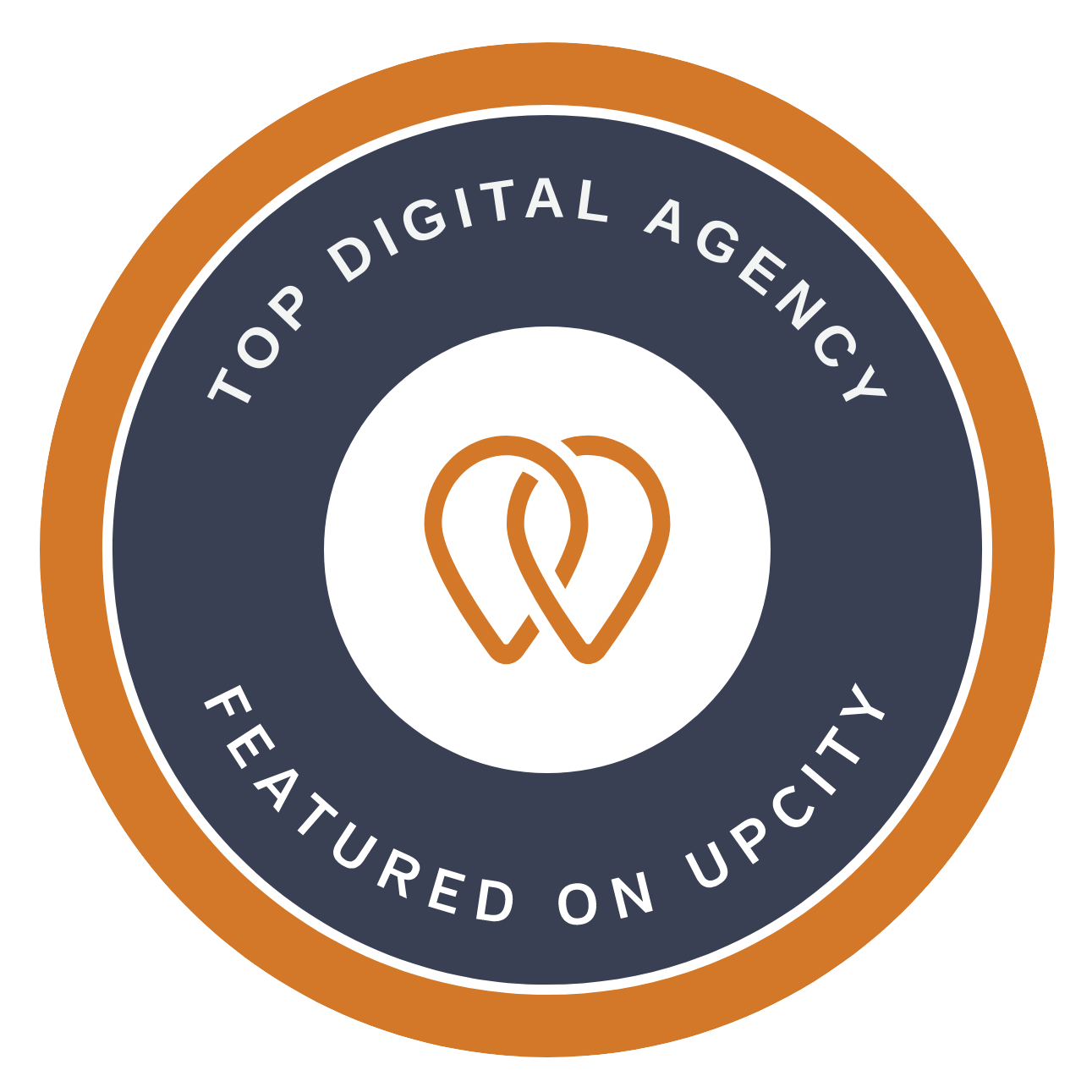Web Design & Development
August 9, 2017 | Nikki Bisel

The world you live in and the websites you visit on a daily basis are more similar than you may realize: both are the home to large expanses of information, experiences and engagement. As technology gets smarter, websites are collecting more data about you to help personalize recommendations and provide answers that are tailored to your needs. Whether you're filling out a contact form, making a purchase, or even browsing a social network, you're constantly creating data that gets sent and stored online.
As more information is received and stored, society needs better ways to ensure that it is being transmitted securely, and that we can also trust the websites that we are submitting this data to. The same is true for your brand’s website — do your customers feel comfortable giving out potentially sensitive information on your site? If you’re familiar with online security tools, you may even be asking yourself: “Do I need SSL?”
The answer is a resounding, “Yes!” Whether you’re savvy with the concept of an SSL Certificate, or if you’ve never heard of it, we’ll be explaining the benefits of SSL and why your site should be setup with one to help your customers feel confident when interacting and sending information on your site.
An abbreviation for “Secure Socket Layer,” an SSL Certificate helps connected devices (smartphones, tablets, computers, etc.) establish an encrypted link between a web server and the device’s web browser. This helps to ensure that the data that gets passed between these mediums remains private, thus enhancing customer security and letting visitors know your site is safe to browse.
On the front end side for your customers, this is seen as your website address starting with “HTTPS” instead of “HTTP,” and also showing a green padlock image and/or the text, “secure”. If your site is not protected, you’ll see a circle icon with an “i” to the left of it.
On the back end, SSL consists of two cryptographic keys: a private key and a public key. Essentially, these data files work in tandem to help web browsers authenticate websites’ internal security based on a series of digital checks and balances. The data of your site’s public key is used to initiate a Certificate Signing Request (CSR), which is a data file containing details that verify your brand’s identity and business, as well as the length of time that your certificate is good for.
A Certificate Authority then validates this data and issues you an SSL Certificate to your private key. These are organizations, such as Comodo or GoDaddy, which are authorized to provide SSL. A web browser will only accept SSL from a Certificate Authority that it trusts!
Finally, when a user initiates a connection with your SSL-enabled website, the browser will retrieve the site's SSL Certificate to check if it's valid. This is all done quickly and behind the scenes where your customers won’t see. If all is well, the only visual cue they’ll need is to look for is the padlock and the “secure” message!
SSL certification is important because today’s websites are increasingly becoming more complex and storing more customer data. This is especially true for Ecommerce sites where SSL is required in order to run transactions from payment gateways (such as Authorize.Net or Stripe). As a result, the benefits of SSL are two-fold:
Getting SSL can involve multiple steps, usually including the purchase of an annual SSL Certificate from your hosting provider, and then installing and making sure your site is setup properly to support SSL. After purchasing the certificate, many sites often still have what are called “insecure elements”, which are files or areas in the code that reference HTTP rather than HTTPS. In order to fully utilize SSL, you must make sure your site doesn’t have any remaining insecure elements!
From there, you’ll need to make the necessary changes in your tracking software—so for example, if you’re using Google Analytics, you’ll want to make sure your property is now set to HTTPS as the default, rather than HTTP.
As a digital marketing agency, website design, development and maintenance are a large portion of what we do to best serve our clients; as a result, we are able to take care of SSL certification for you!
























